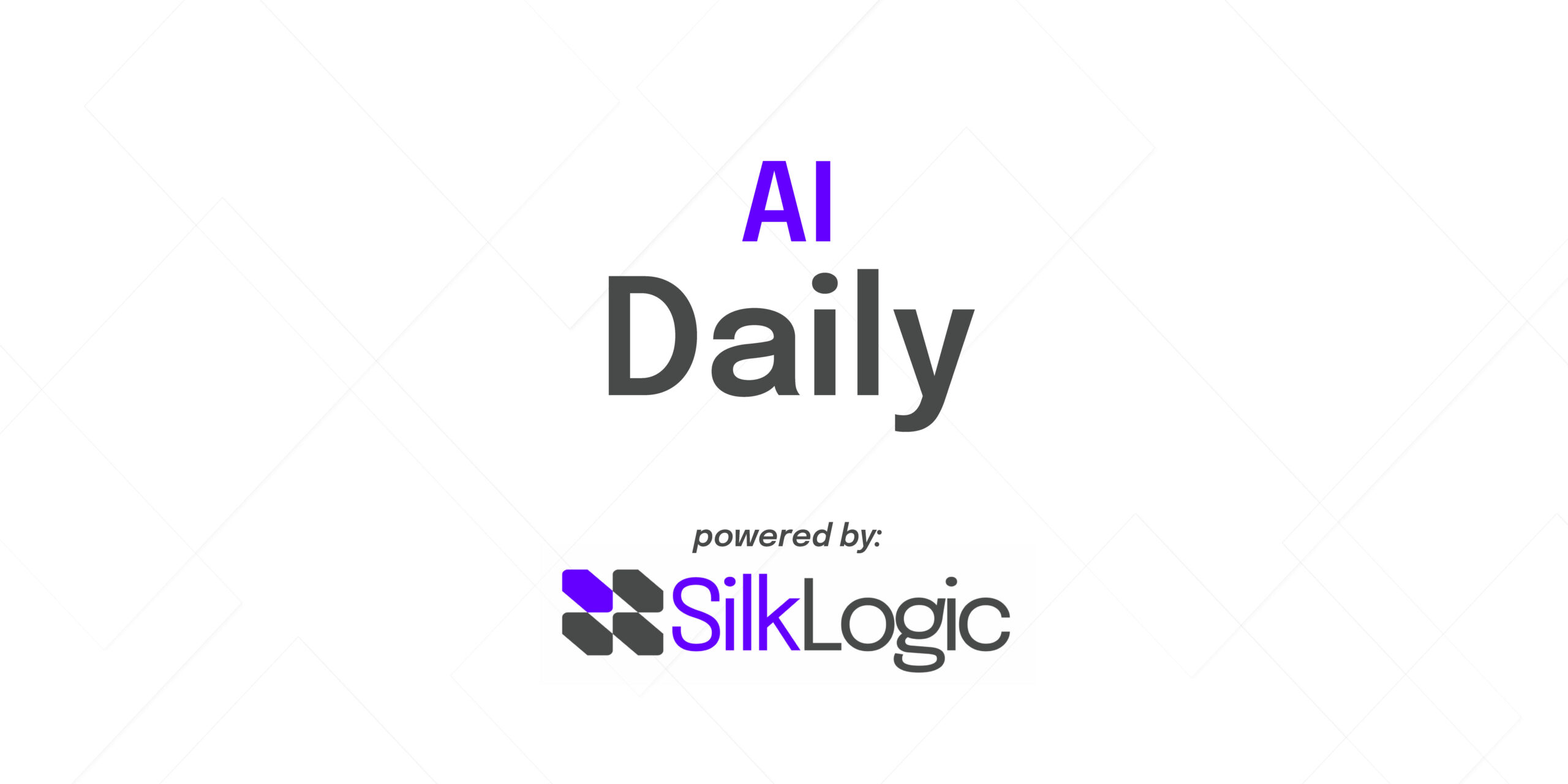In today’s competitive landscape, businesses are constantly seeking ways to work smarter, not harder. Artificial Intelligence and automation have emerged as powerful tools that can revolutionize operations across virtually every industry, offering unprecedented opportunities for growth, efficiency, and competitive advantage.
Ready to explore how AI can transform your business operations? The most successful implementations start with an honest assessment of current processes and a clear roadmap for improvement.
The Current Reality: Why Businesses Need AI Now
Whether you’re running a professional service firm, retail operation, manufacturing company, or any other business, you’re likely facing similar challenges:- Manual processes eating up valuable time
- Human errors causing costly delays and rework
- Scaling bottlenecks that prevent growth
- Customer expectations for faster, 24/7 service
- Competition from more tech-savvy businesses
High-Impact Areas Where AI Can Transform Any Business
1. Lead Generation and Customer Acquisition
The Challenge: Finding and qualifying potential customers is time-intensive and often inefficient. AI Solutions:- Predictive analytics to identify your best prospects from existing data
- Automated lead scoring that prioritizes sales efforts on high-conversion opportunities
- Social media monitoring to catch buying signals and competitor mentions
- Personalized outreach campaigns that adapt messaging based on prospect behavior
2. Document Processing and Data Management
The Challenge: Manual data entry, document verification, and file organization consume hours of productive time. AI Solutions:- Optical Character Recognition (OCR) to automatically extract data from documents, invoices, and forms
- Intelligent document routing that categorizes and files information automatically
- Data validation that catches errors before they become problems
- Automated compliance checking against industry regulations and internal policies
3. Customer Service and Support
The Challenge: Customers expect instant responses, but human support is expensive and limited to business hours. AI Solutions:- AI chatbots that handle routine inquiries and escalate complex issues
- Automated ticket routing to the right department or specialist
- Sentiment analysis to prioritize urgent or upset customers
- Knowledge base automation that keeps FAQs and help content current
4. Marketing and Content Creation
The Challenge: Consistent, quality content creation requires significant time and creative resources. AI Solutions:- Automated content generation for blogs, social media, and newsletters
- Personalized email campaigns that adapt to customer behavior and preferences
- Market research automation that tracks trends and competitor activities
- A/B testing optimization that automatically improves campaign performance
5. Operational Analytics and Decision Making
The Challenge: Making data-driven decisions requires analyzing vast amounts of information manually. AI Solutions:- Predictive analytics for inventory, demand forecasting, and resource planning
- Performance dashboards that automatically highlight trends and anomalies
- Financial forecasting based on multiple data sources and market conditions
- Process optimization recommendations that identify efficiency improvements
Getting Started: A Practical Implementation Framework
Phase 1: Assessment and Planning
Audit Your Current Processes- Map out your most time-consuming manual tasks
- Identify where errors commonly occur
- Calculate the cost of current inefficiencies
- Survey your team about their biggest frustrations
- Focus on processes that are both high-volume and high-value
- Consider customer-facing improvements for competitive advantage
- Look for “quick wins” that can demonstrate ROI quickly
Phase 2: Choose Your Implementation Approach
DIY Approach- Best for: Tech-savvy teams with time to learn
- Tools: ChatGPT, Zapier, HubSpot automation, Google Workspace AI features
- Investment: Primarily time and subscription costs
- Best for: Most businesses wanting balance of control and expertise
- Combines: Off-the-shelf tools with custom integrations and training
- Investment: Moderate consulting + tool costs
- Best for: Businesses wanting full implementation without internal resources
- Includes: Custom solutions, integration, training, and ongoing management
- Investment: Higher upfront cost, but fastest time to value
Phase 3: Scale and Optimize
Measure and Refine- Track key metrics: time saved, error reduction, revenue impact
- Gather feedback from team and customers
- Continuously optimize based on performance data
- Apply learnings to additional business areas
- Integrate systems for compound benefits
- Stay current with new AI capabilities
Common Concerns and How to Address Them
“Will AI Replace My Employees?” Most successful AI implementations augment human capabilities rather than replace people. Your team becomes more strategic and customer-focused while AI handles routine tasks. “Is It Too Expensive?” Start small with high-impact, low-cost solutions. Many businesses see ROI within 3-6 months from basic automation alone. “What About Data Security?” Choose reputable AI vendors with strong security practices. Many AI solutions improve security by reducing human access to sensitive data. “We’re Too Small for AI” Modern AI tools are designed for businesses of all sizes. Cloud-based solutions make enterprise-level capabilities accessible to small businesses.The Competitive Reality
Your competitors are already exploring or implementing AI solutions. The question isn’t whether to adopt AI—it’s how quickly and effectively you can implement it. Businesses that embrace AI automation now gain significant advantages:- First-mover advantage in their markets
- Improved profit margins through efficiency gains
- Better customer experiences leading to higher retention
- Scalability that supports rapid growth
- Talent attraction from offering modern, efficient work environments
Taking the Next Step
The key to successful AI implementation is starting with a clear understanding of your specific challenges and goals. Rather than trying to automate everything at once, focus on areas where AI can deliver the most immediate and measurable impact. Consider partnering with AI implementation specialists who can help you navigate the rapidly evolving landscape of tools and technologies. The right partner will take time to understand your business, recommend solutions based on proven ROI, and provide ongoing support as you scale. The future belongs to businesses that can efficiently combine human expertise with AI capabilities. The question is: will you lead this transformation in your industry, or will you be forced to catch up?Ready to explore how AI can transform your business operations? The most successful implementations start with an honest assessment of current processes and a clear roadmap for improvement.





